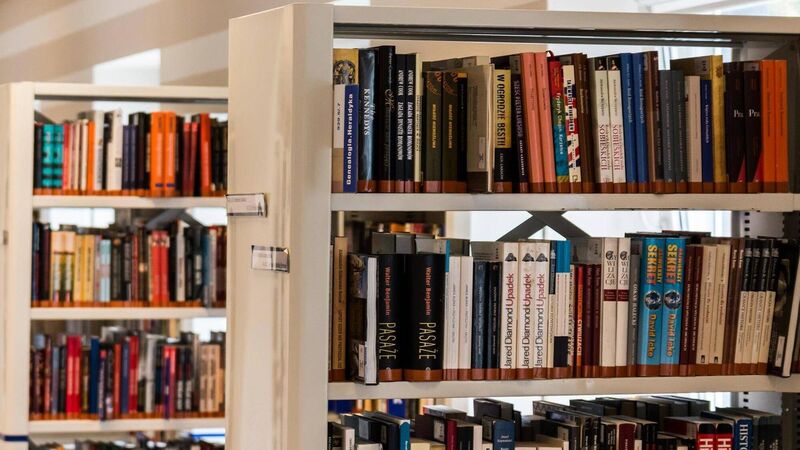School libraries falling short of international standards

Focusing on schools in one province, researchers at Dublin City University (DCU) found that student's access to their school library can be limited, and many schools are not within walking distance of their nearest public library.
School libraries are underfunded, under-resourced, and falling short of international standards, according to new research examining post-primary schools.
Notwithstanding the "dedication" of schools to provide libraries despite a lack of national funding, the research found that State support and investment in school library services are "out of line" with education policy and funding in developed countries internationally.










